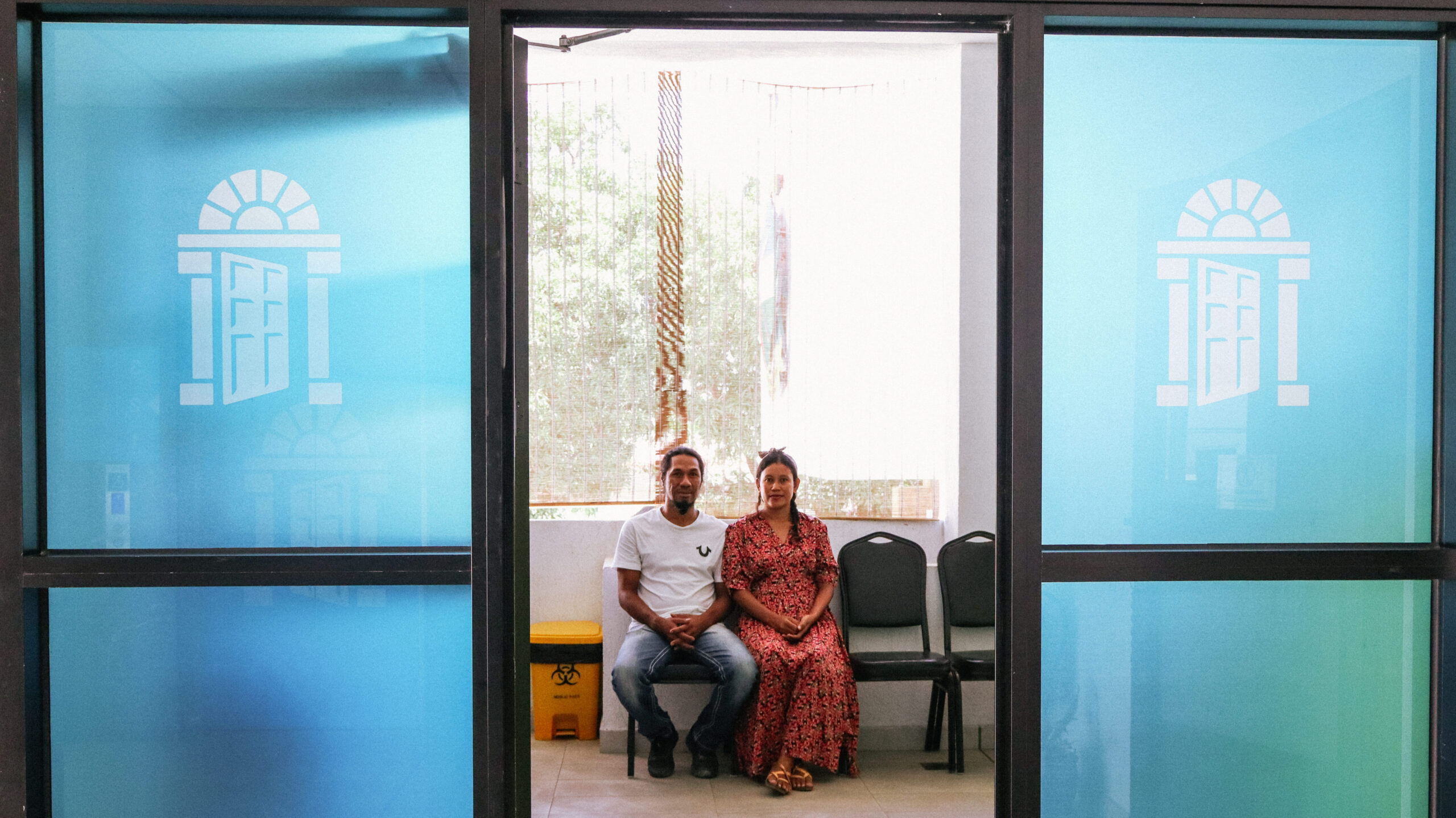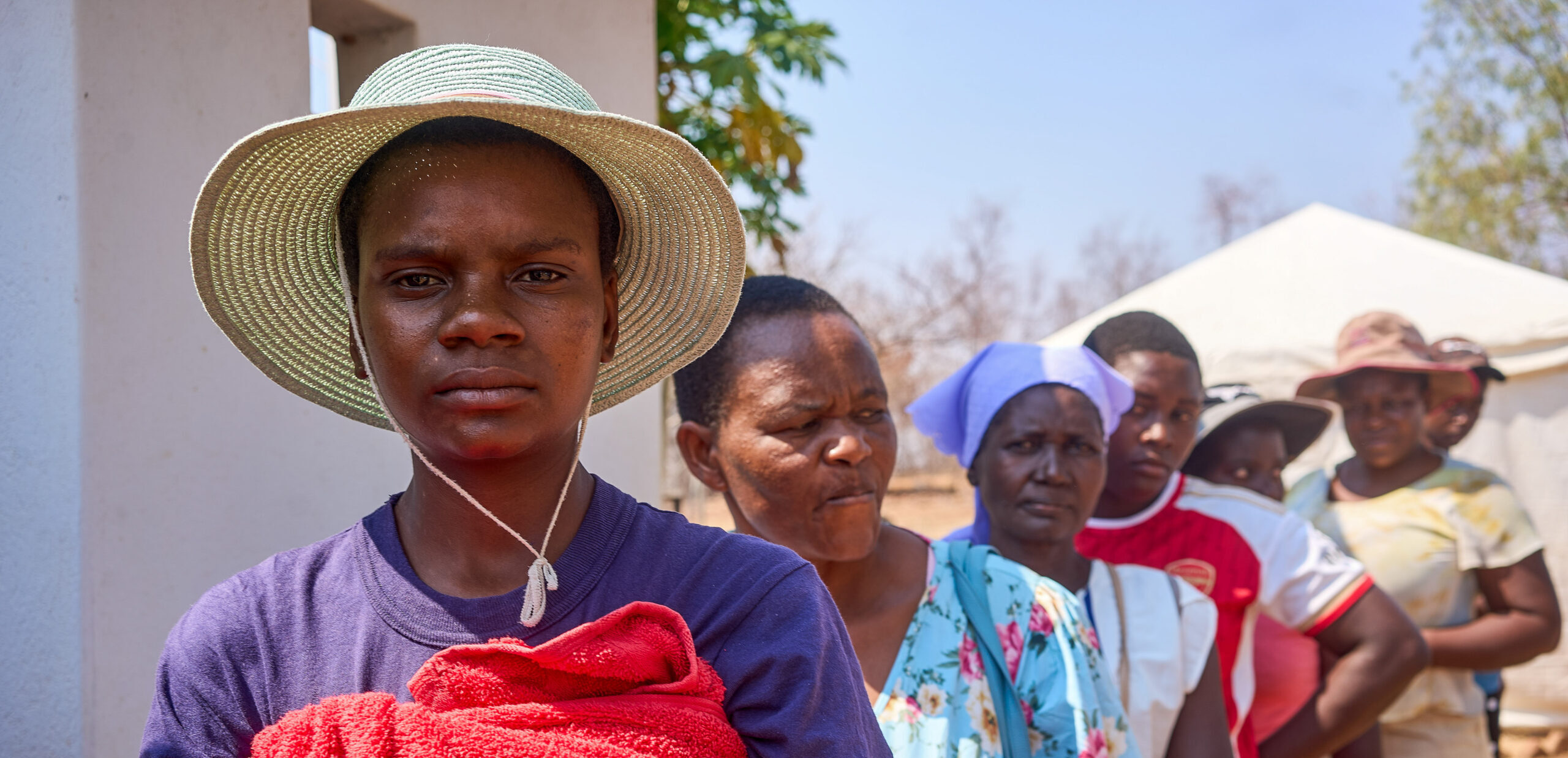“Contraception enables us to let our children grow, giving them adequate love and care. If MSI Zimbabwe weren’t here, we would be suffering.”
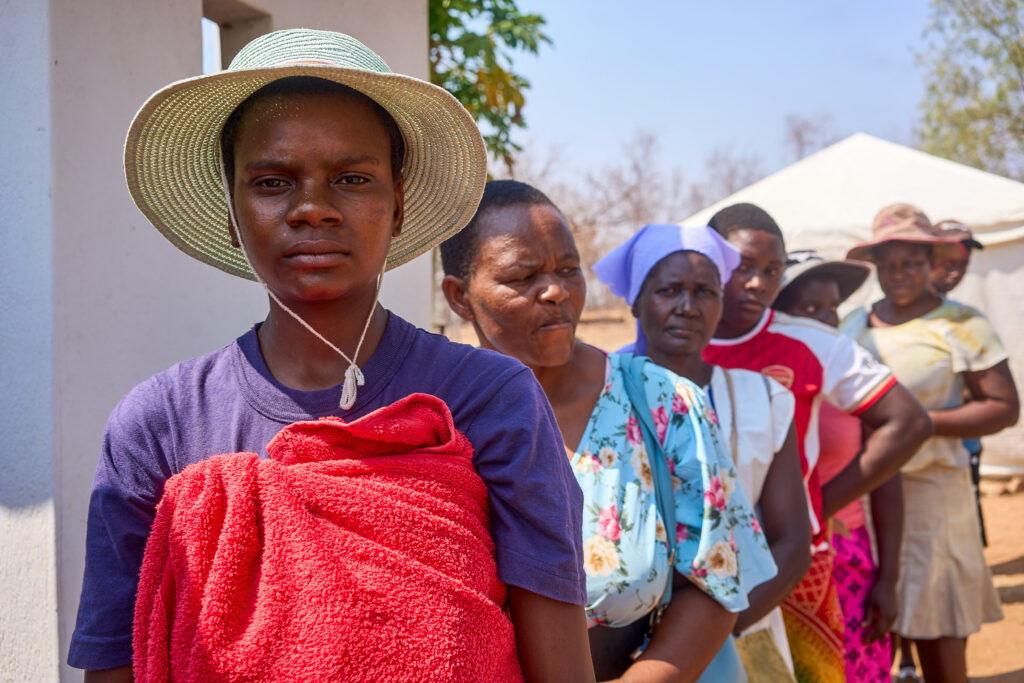
Modester is 20 years old and a mother of a two-year-old child. She lives in Mashonaland Central Province, in rural Zimbabwe, where access to contraception is limited.
In remote communities like Modester’s, it can be difficult and expensive to travel to government health centres to access contraception. Outreach healthcare teams like MSI’s can be the only chance of receiving reproductive healthcare.
Modester visited MSI’s outreach clinic in Bungwe to receive a contraceptive implant after having her first child. Last month, we spoke to her about how access to contraception has supported her and her family:
“It helps us with family planning; you are able to space your children and fall pregnant again when you want to.”

Munashe, 34, also accessed MSI’s free contraception services. She has three children already, and opted for an implant as a long-term option:
“Contraception enables us to let our children grow, giving them adequate love and care. If MSI Zimbabwe weren’t here, we would be suffering.”
But the outcome of the US election may put these services at risk.
If the Global Gag Rule – a US foreign aid policy designed to reduce global abortion access – is reinstated, sexual and reproductive healthcare services all over the world will be impacted.
The Gag Rule was first introduced in 1984, and has been reinstated by every Republican government since. Last time this happened, the loss of US Government funding had a direct impact on access to contraception in Zimbabwe – MSI clinics closed and outreach teams had to halve the number of sites they could visit.
If outreach services in rural Zimbabwe are slashed once again by this harmful policy, women like Modester will have to live the reality. Last month, she told us: “If [these services] weren’t there, women would be falling pregnant without any planning.”
In the eyes of Mkirasi, a village health worker for MSI, the return of the Gag Rule would be disastrous: “If MSI Zimbabwe stopped doing its work, there would be a disaster. The unavailability of contraceptives can cause poverty in families; it can cause hunger.”
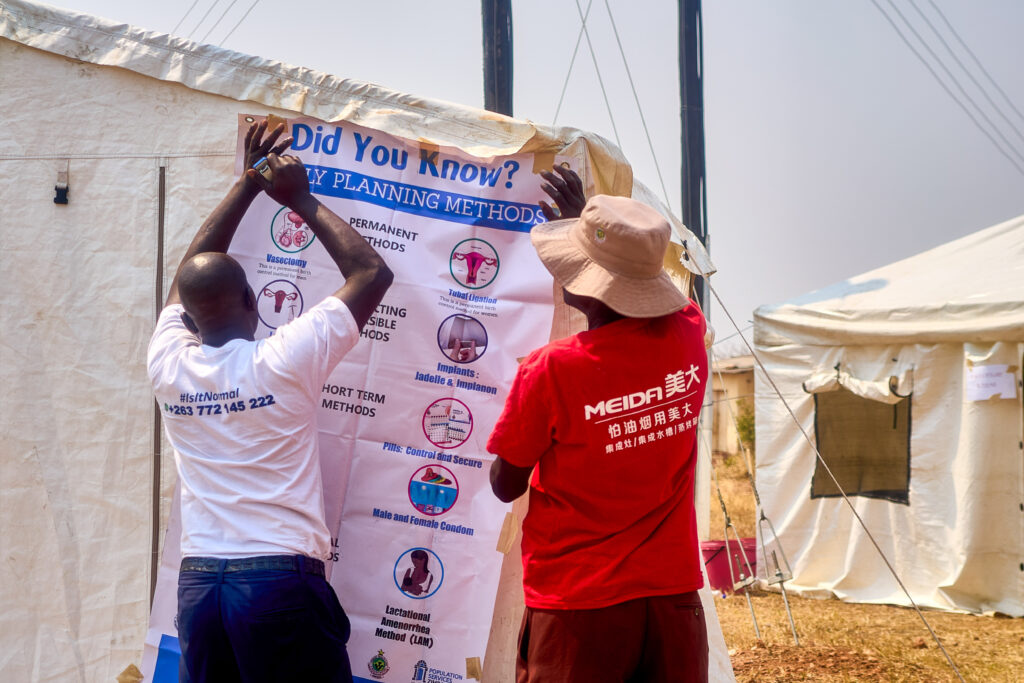
Wellington is the team leader of MSI Zimbabwe’s outreach team and a nurse who provides counselling and contraception. When speaking about the effect that the Global Gag Rule could have on services in Zimbabwe, he said:
“If the services are to stop, there might be a lot of unwanted pregnancies. There might be a lot of gender-based violence. In the event that there is an unwanted child in the family, the husband might move out of the house. There might also be a lot of maternal deaths as people try to have unsafe abortions. Since this child is not wanted, the pregnancy was not planned.”
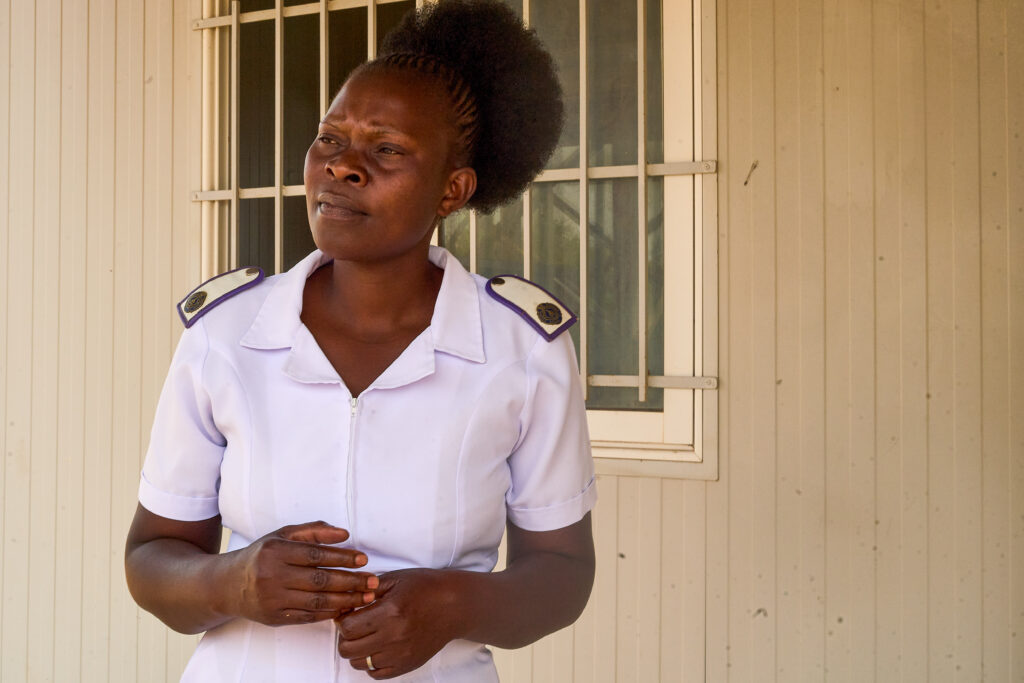
As a global sexual and reproductive healthcare provider for the last 50 years, MSI has seen time and again that when it comes to US anti-abortion policy, it is women and girls around the world who bear the brunt.
Whatever the outcome of the US election, you can be sure that our work to protect access to essential reproductive healthcare will continue – so women like Modester and Munashe can continue to choose their own futures.







